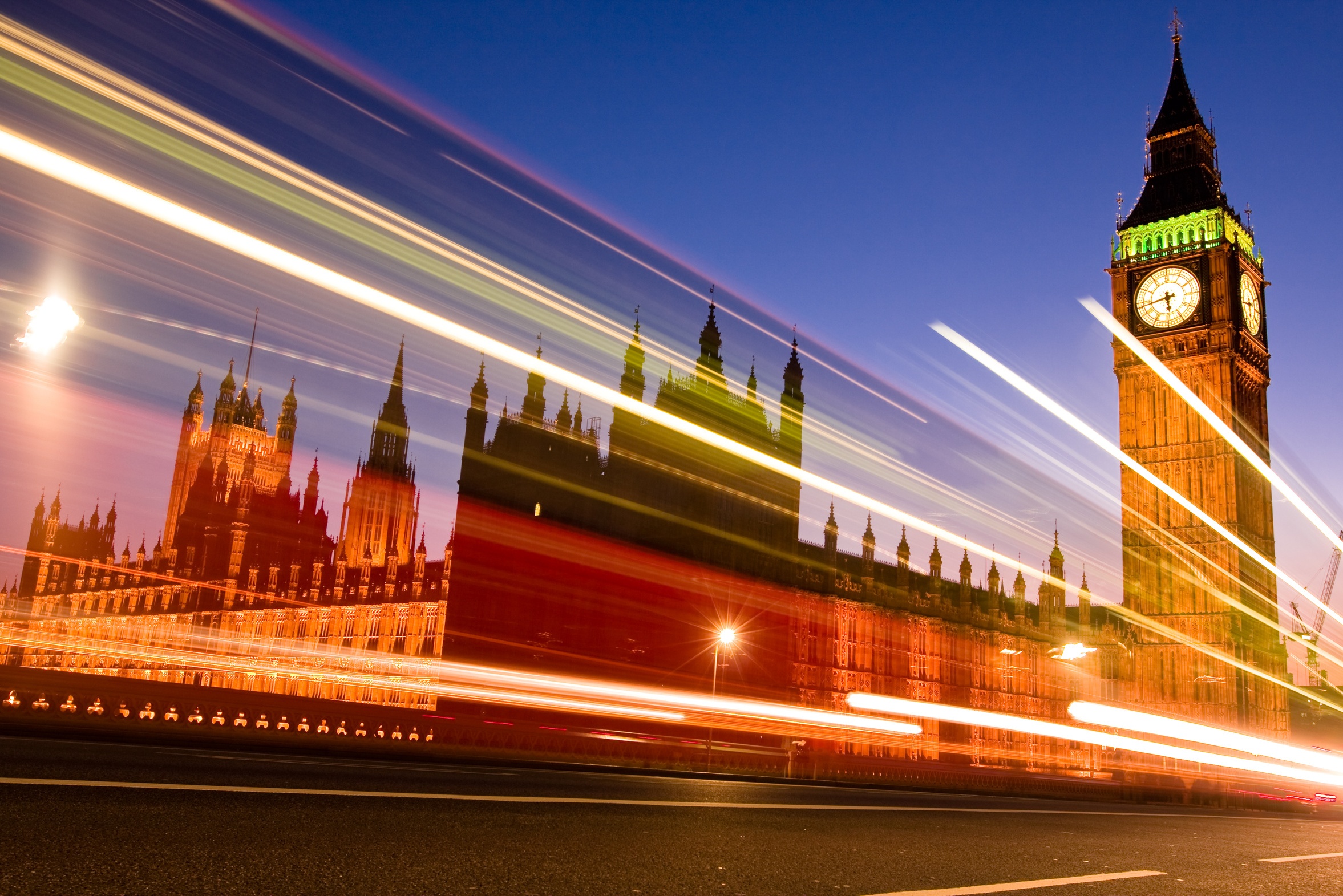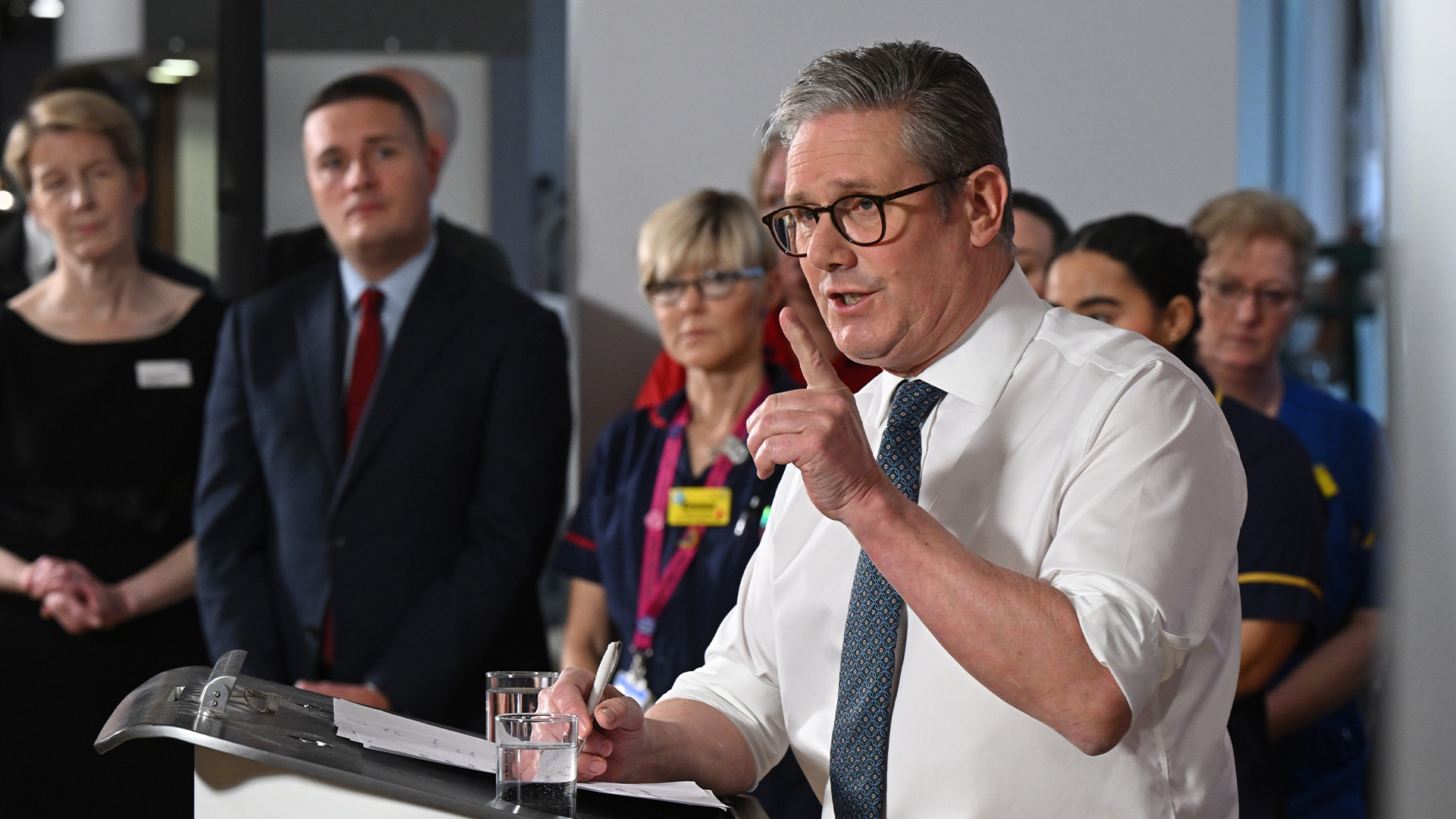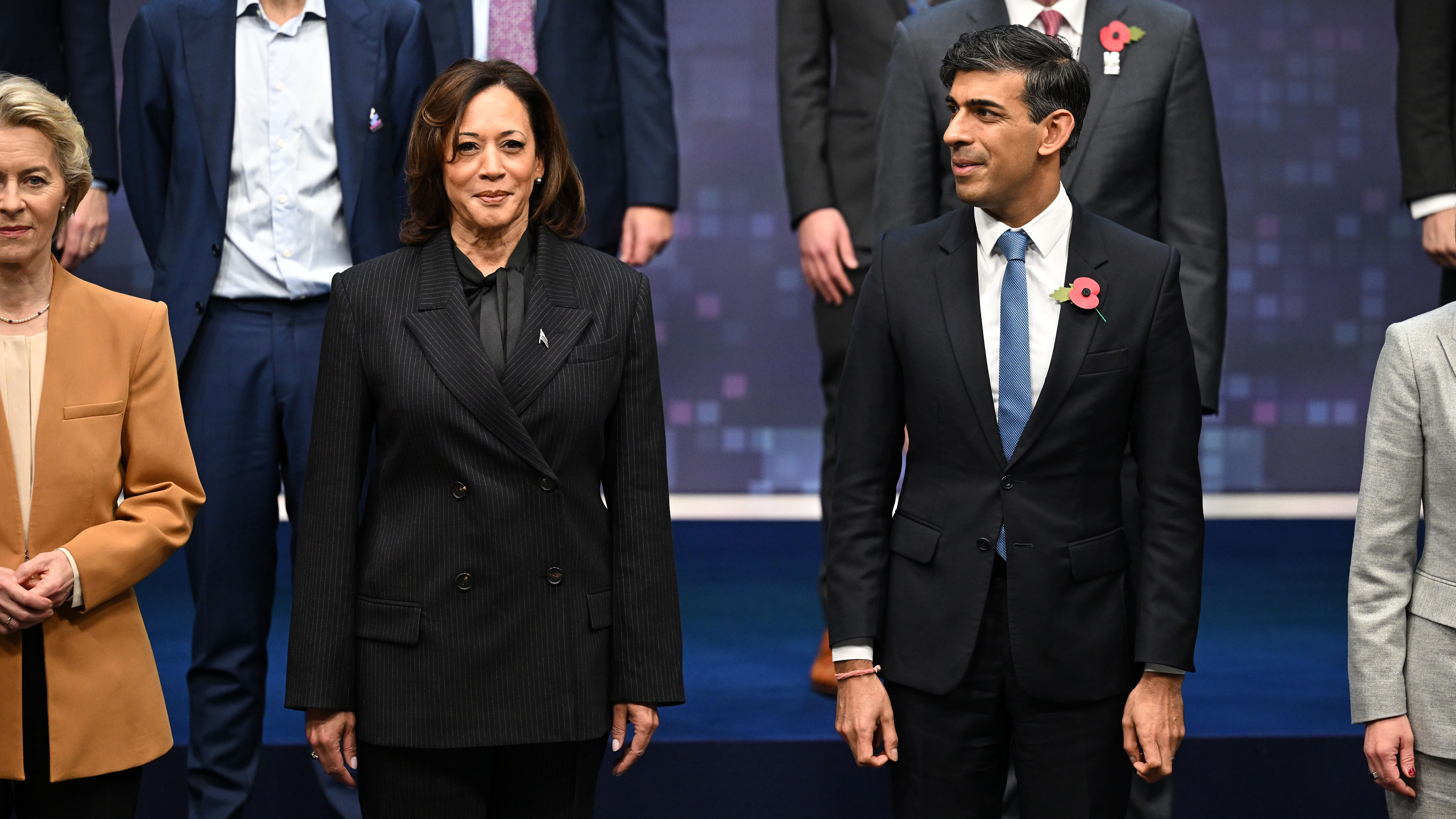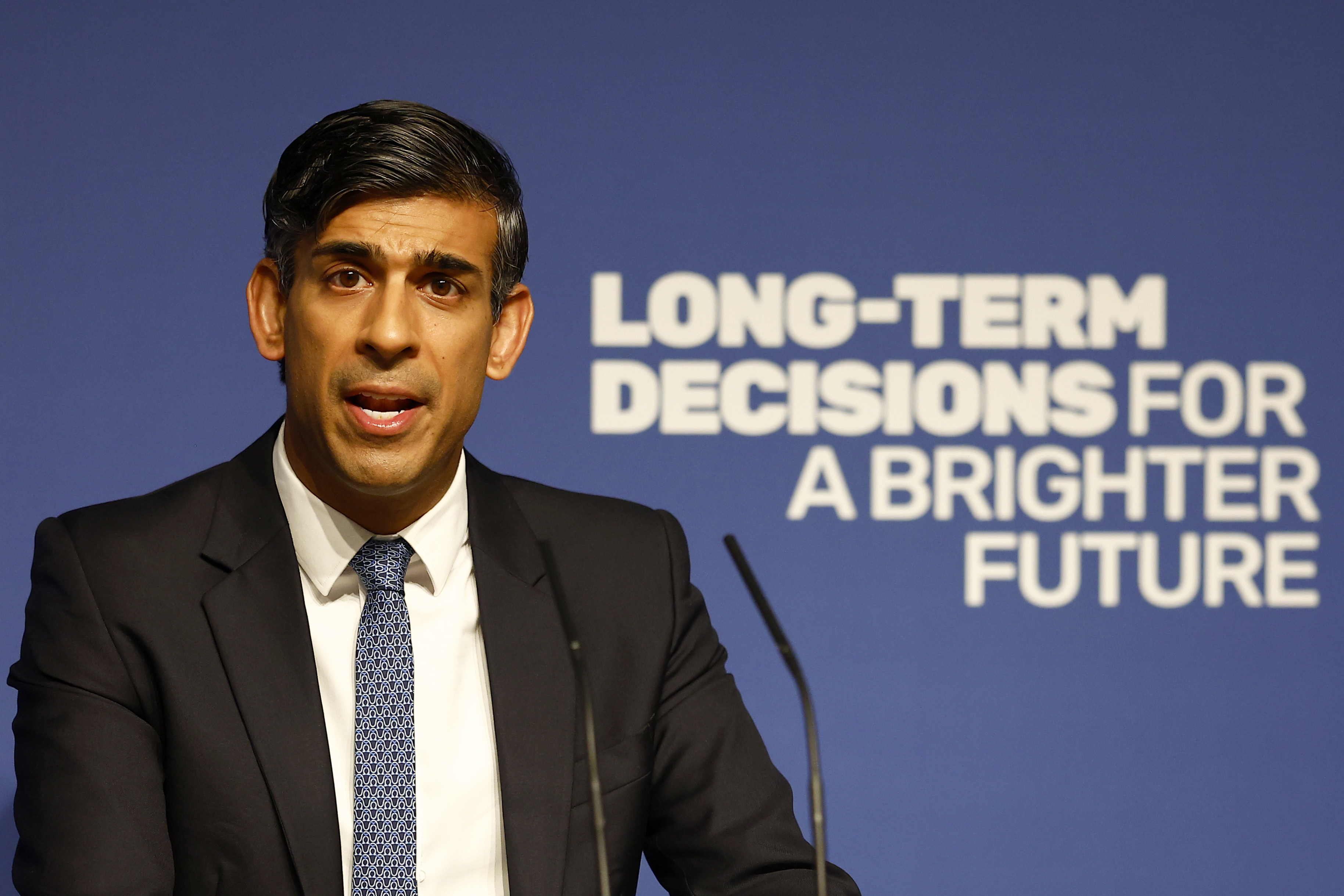Digital Economy Bill clause riles internet companies and Lords
As the Digital Economy Bill gets its second reading in the House of Lords today, large players in the digital world, as well as a number of Lords, raise questions over a clause allowing government to change copyright law through statutory instrument.


Sign up today and you will receive a free copy of our Future Focus 2025 report - the leading guidance on AI, cybersecurity and other IT challenges as per 700+ senior executives
You are now subscribed
Your newsletter sign-up was successful
A clause in the Digital Economy Bill to allow the government to change its copyright law without the legislative process has got a number of internet companies and Lords up in arms.
During the second reading of the Digital Economy bill today in the House of Lords, all sides of the house widely backed the bill but all seemed to agree that there was further scrutiny to be conducted at committee level.
Business Secretary Peter Mandelson presented the bill to the house this afternoon outlining plans to deal with illegal filesharers, new responsibilities for Ofcom and a revised remit for public television channels.
But the main bone of contention between Lord Mandelson and his critics seemed to be Clause 17, which allows the government to change its laws on copyright in the future purely through statutory instrument rather than full legislative procedure, enabling it to be sped through the system.
Lord Mandelson said in his speech: "To reflect ever changing market the bill allows for changes such a power shall not and will not be used lightly."
Some of the biggest names in the internet have reacted to this, with representatives from eBay, Facebook, Yahoo and Google writing a letter to Lord Mandelson warning the clause risks "stifling innovation and damaging the government's vision for a Digital Britain."
The letter said: "We believe the bill's Clause 17 which gives any future Secretary of State unprecedented and sweeping powers to amend the Copyright, Design and Patent Act opens the way for arbitrary measures."
Sign up today and you will receive a free copy of our Future Focus 2025 report - the leading guidance on AI, cybersecurity and other IT challenges as per 700+ senior executives
It added: "This would discourage innovation, impose unnecessary costs, potentially unsettling the careful balance of responsibilities for enabling market change [and] could put at risk legitimate consumer use of current technology as well as future developments."
The letter concludes that the clause "creates uncertainty for consumers and businesses and puts at risk the UK's leading position in a digital Europe."
Although mostly supportive of the bill, the Liberal Democrat representative speaking in the House of Lords during the reading, Lord Razzall, also raised his concerns on this point.
"I will add to the point that section 17 that effectively gives the government power to alter copyright law by statutory instrument should be rejected," he said.
"I just think if we are going to alter copyright law it has to be done by primary legislation."
However, he did think an ammended bill would be passed before the next general election.
Others briefly mentioned the clause but, excluding support from Baroness Howe, the reactions were negative and all asked for it to be removed from the bill.
The bill will still have to go through more readings and committee stage debates before it becomes law so there is still the opportunity for this clause to be ammended.
Jennifer Scott is a former freelance journalist and currently political reporter for Sky News. She has a varied writing history, having started her career at Dennis Publishing, working in various roles across its business technology titles, including ITPro. Jennifer has specialised in a number of areas over the years and has produced a wealth of content for ITPro, focusing largely on data storage, networking, cloud computing, and telecommunications.
Most recently Jennifer has turned her skills to the political sphere and broadcast journalism, where she has worked for the BBC as a political reporter, before moving to Sky News.
-
 The UK government is working with Meta to create an AI engineering dream team to drive public sector adoption
The UK government is working with Meta to create an AI engineering dream team to drive public sector adoptionNews The Open-Source AI Fellowship will allow engineers to apply for a 12-month “tour of duty” with the government to develop AI tools for the public sector.
-
 ‘Archaic’ legacy tech is crippling public sector productivity
‘Archaic’ legacy tech is crippling public sector productivityNews The UK public sector has been over-reliant on contractors and too many processes are still paper-based
-
 Public sector improvements, infrastructure investment, and AI pothole repairs: Tech industry welcomes UK's “ambitious” AI action plan
Public sector improvements, infrastructure investment, and AI pothole repairs: Tech industry welcomes UK's “ambitious” AI action planNews The new policy, less cautious than that of the previous government, has been largely welcomed by experts
-
 UK government trials chatbots in bid to bolster small business support
UK government trials chatbots in bid to bolster small business supportNews The UK government is running a private beta of a new chatbot designed to help people set up small businesses and find support.
-
 The UK's hollow AI Safety Summit has only emphasized global divides
The UK's hollow AI Safety Summit has only emphasized global dividesOpinion Successes at pivotal UK event have been overshadowed by differing regulatory approaches and disagreement on open source
-
 Rishi Sunak’s stance on AI goes against the demands of businesses
Rishi Sunak’s stance on AI goes against the demands of businessesAnalysis Execs demanding transparency and consistency could find themselves disappointed with the government’s hands-off approach
-
 UK aims to be an AI leader with November safety summit
UK aims to be an AI leader with November safety summitNews Bletchley Park will play host to the guests who will collaborate on the future of AI
-
 AI-driven net zero projects receive large cash injection from UK gov
AI-driven net zero projects receive large cash injection from UK govNews Funds have been awarded to projects that explore the development of less energy-intensive AI hardware and tech to improve renewables


